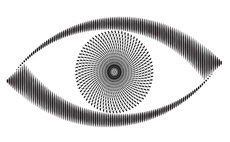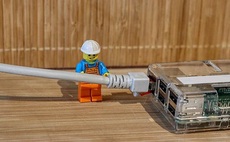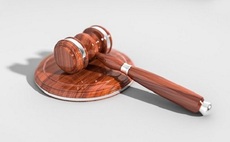Government has decided to make ISPs pay 25 per cent of the cost of enforcement
ISPs will have to pay 25 per cent of the cost of policing the networks Internet service providers (ISPs) and industry organisations have strongly criticised the UK government’s decision to make I...
To continue reading this article...
Join Computing
- Unlimited access to real-time news, analysis and opinion from the technology industry
- Receive important and breaking news in our daily newsletter
- Be the first to hear about our events and awards programmes
- Join live member only interviews with IT leaders at the ‘IT Lounge’; your chance to ask your burning tech questions and have them answered
- Access to the Computing Delta hub providing market intelligence and research
- Receive our members-only newsletter with exclusive opinion pieces from senior IT Leaders



















